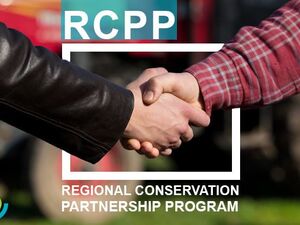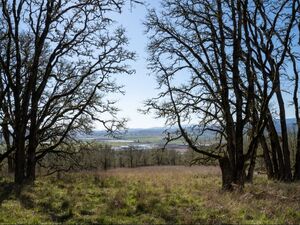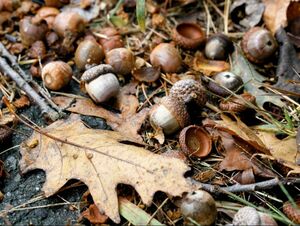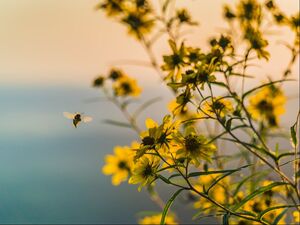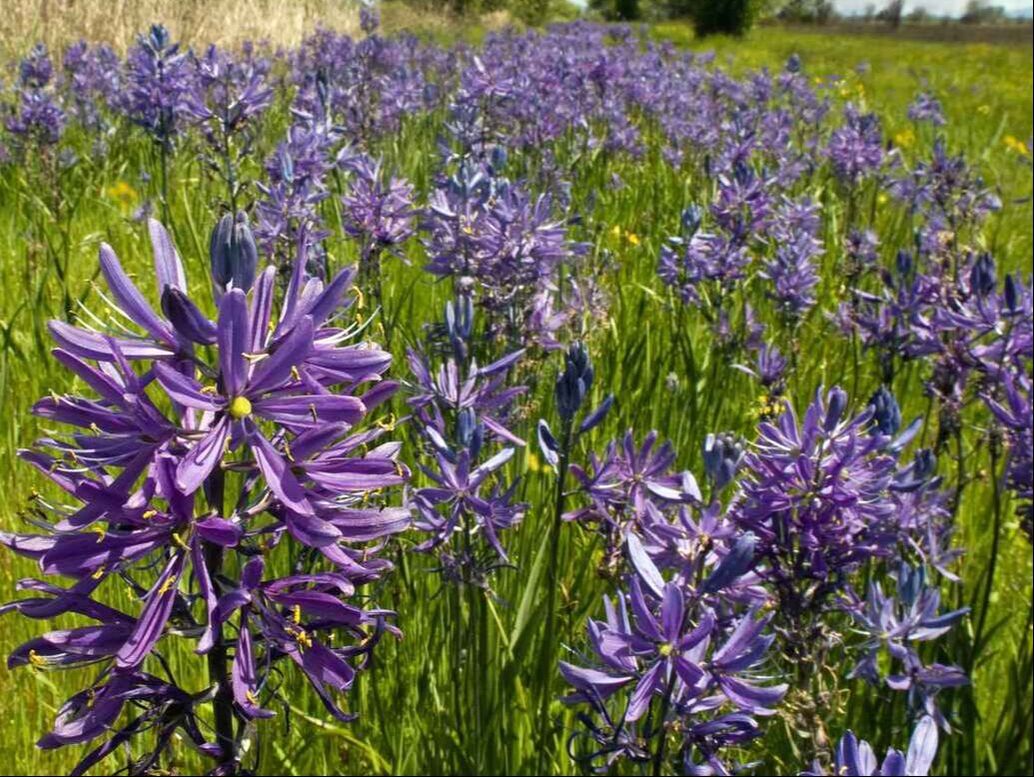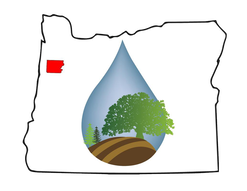Regional Conservation Partnership Program (RCPP)
Oregon white oak savannas and woodlands once covered between 400 and 500,000 acres in the Willamette Valley and, now most of the trees and their historic habitat have disappeared and less than 5% remain, making them one of the most threatened ecosystems in the country.
There are several things causing the dwindling oaks and oak habitats including population growth, converting oak habitats to agricultural land and invasive plants. Also, without low intensity wildfires, oak groves get taken over by other trees. This encroachment even changes the understory. Native grasses and flowers are in a constant battle against invasive and introduced exotic species.
Some examples of direct oak competitors are:
Designed by our team, the Regional Conservation Partnership Program (RCPP) can help give native oak woodlands and grasslands a better chance by addressing critical issues facing habitat restoration and expansion.
The RCPP is open to qualifying Polk County residents with oak woodlands. We need you because 98% of the remaining oaks are on private land. You have the opportunity to take an active role in the preservation of these majestic trees for future generations.
We provide incentive payments for activities and plants that can benefit these ecosystems. Some projects may include thinning competing trees, brush control, and seeding oaks and other native plants.
Oregon white oak savannas and woodlands once covered between 400 and 500,000 acres in the Willamette Valley and, now most of the trees and their historic habitat have disappeared and less than 5% remain, making them one of the most threatened ecosystems in the country.
There are several things causing the dwindling oaks and oak habitats including population growth, converting oak habitats to agricultural land and invasive plants. Also, without low intensity wildfires, oak groves get taken over by other trees. This encroachment even changes the understory. Native grasses and flowers are in a constant battle against invasive and introduced exotic species.
Some examples of direct oak competitors are:
- Fir Trees
- Hawthorns
- Blackberry
- Invasive Weeds
- Other toxic plants
Designed by our team, the Regional Conservation Partnership Program (RCPP) can help give native oak woodlands and grasslands a better chance by addressing critical issues facing habitat restoration and expansion.
The RCPP is open to qualifying Polk County residents with oak woodlands. We need you because 98% of the remaining oaks are on private land. You have the opportunity to take an active role in the preservation of these majestic trees for future generations.
We provide incentive payments for activities and plants that can benefit these ecosystems. Some projects may include thinning competing trees, brush control, and seeding oaks and other native plants.

